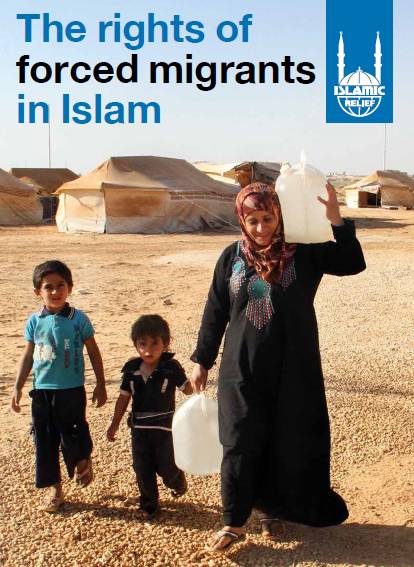
Islam has a strong heritage of forced migrant protection, stemming from the original teachings of the Qur’an, as well as from historical examples taken from the lives of great Prophets – from Ibrahim (PBUH), to Musa (PBUH), to Prophet Muhammad (PBUH). This heritage includes strong – even stern – commands on the importance of seeking refuge if one is facing persecution, as well as on the duty of providing asylum to those who need it. It is a tradition which provides a robust and generous framework for the protection of and provision for forced migrants, enshrining rights such as the rights to dignity, nonrefoulement, equal treatment, shelter, healthcare, family reunification, and protection of property. Yet this tradition is not always applied in the modern context, despite Muslim countries currently hosting around 50% of the world’s refugee population. There is a pressing need to nurture the theological discourse on the issue of forced migrant protection in Islam. Such traditions could play a vital role in helping such countries manage forced migrant crises in a manner that is compliant with Islamic principles, whilst also assisting forced migrants in recognising the rights and dignity conferred on them by God.
This paper seeks to provide an overview of the Islamic teachings related to the rights of forced migrants, and is available as a resource for both Islamic Relief, and any other agency dealing with Muslim forced migrant or host communities.
Office
http://policy.islamic-relief.com
Citation
Kidwai, S.N. (2014). The Rights of Forced Migrants in Islam., Islamic Relief Worldwide, Birmingham







